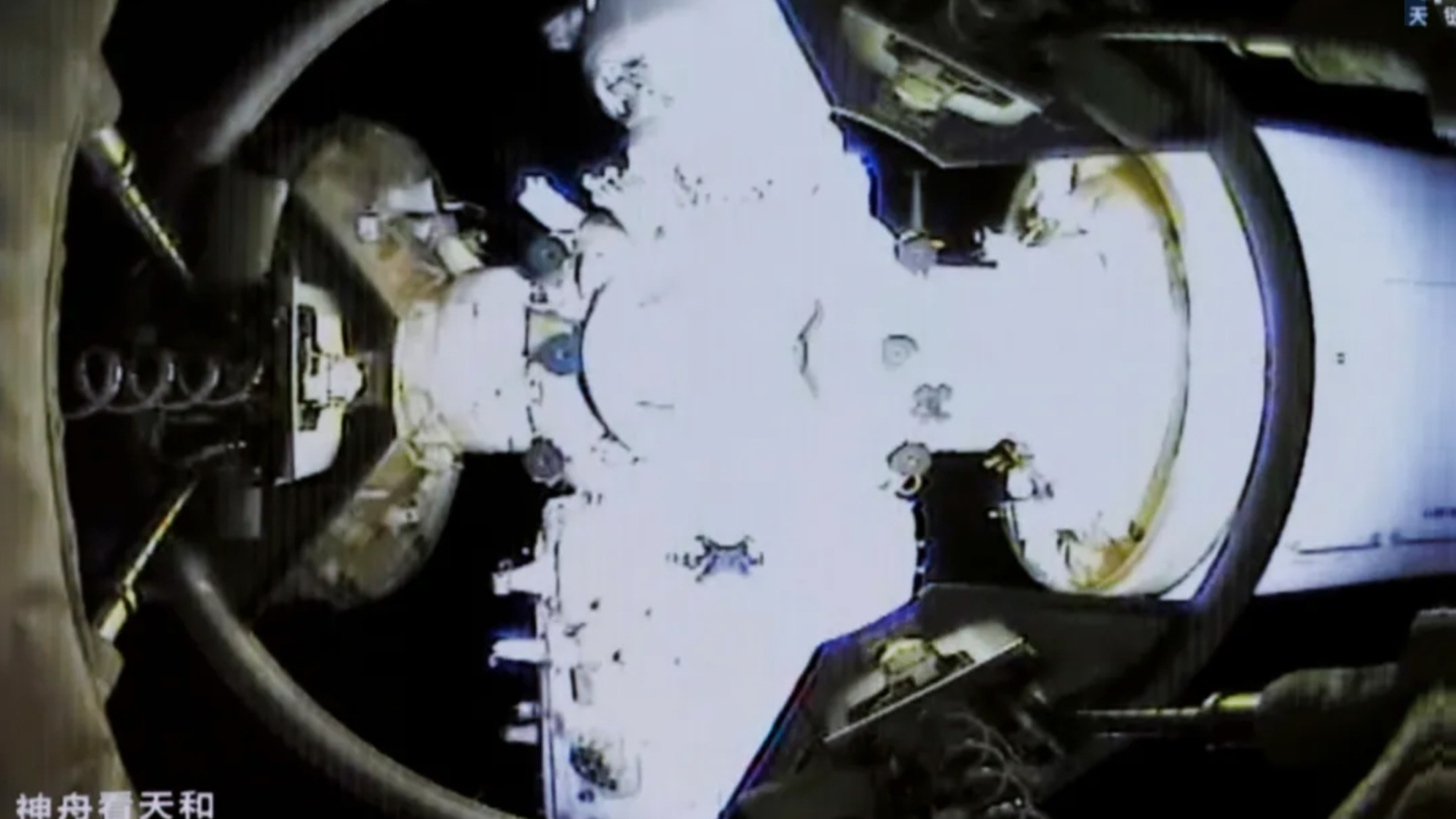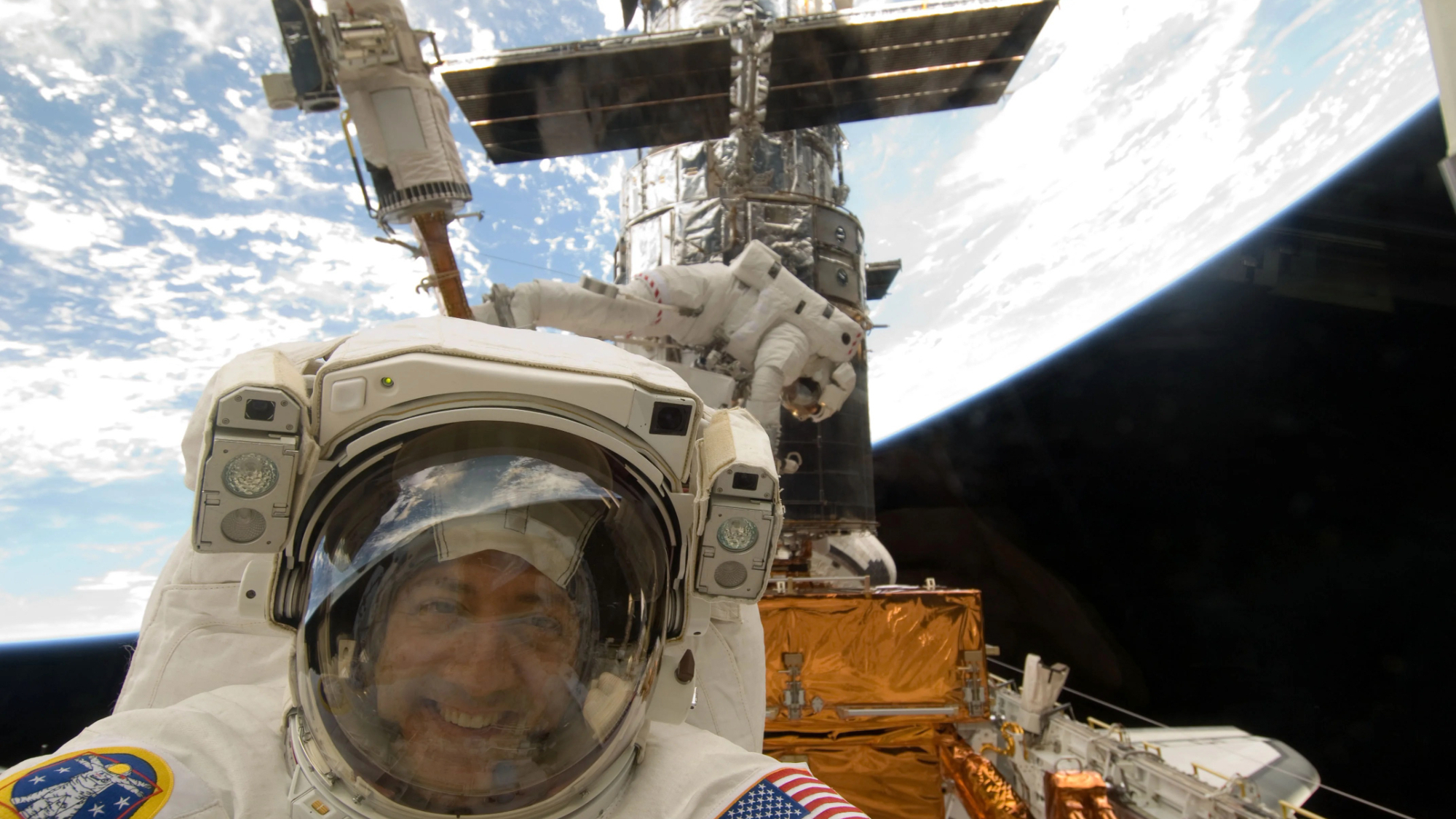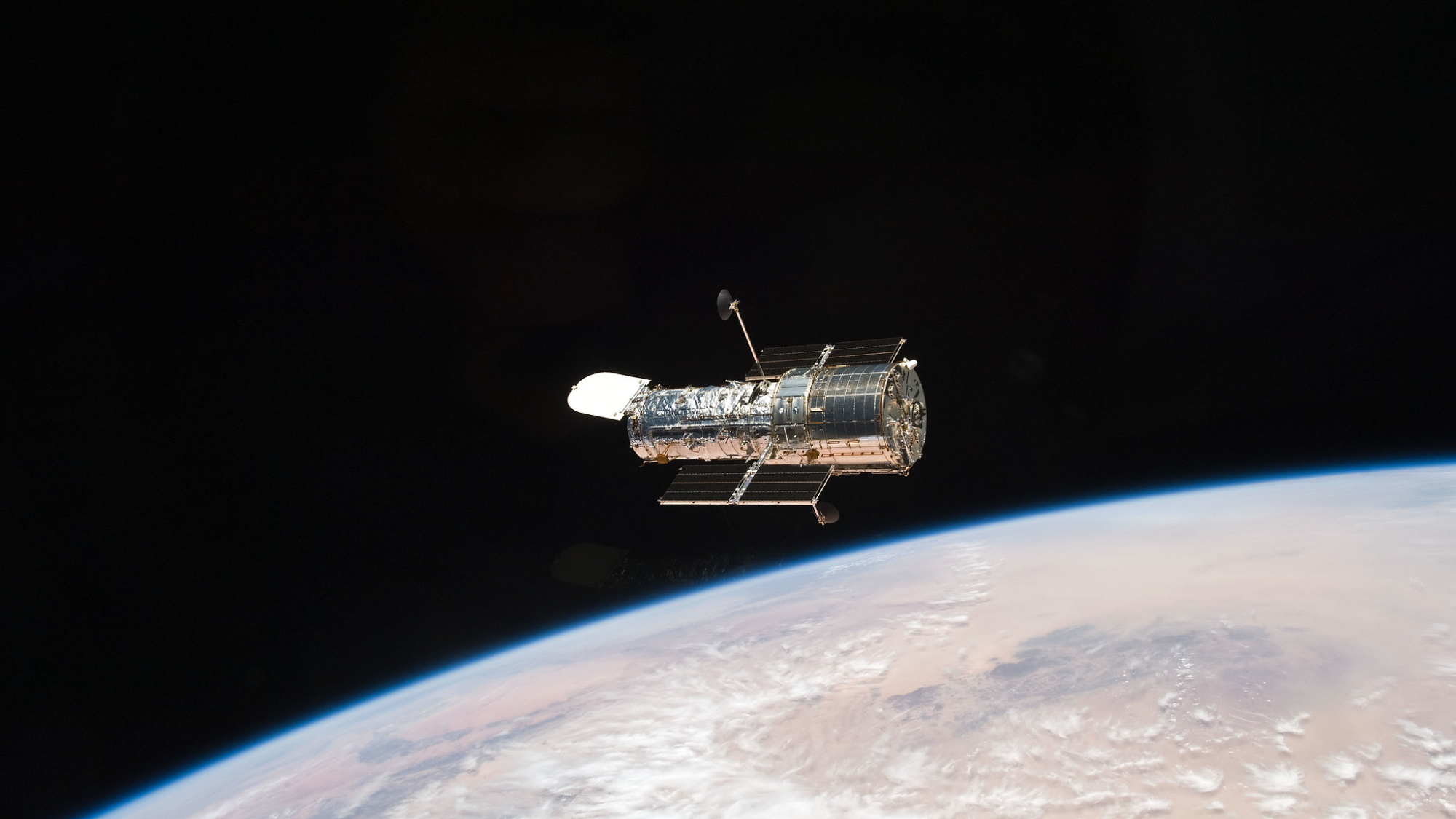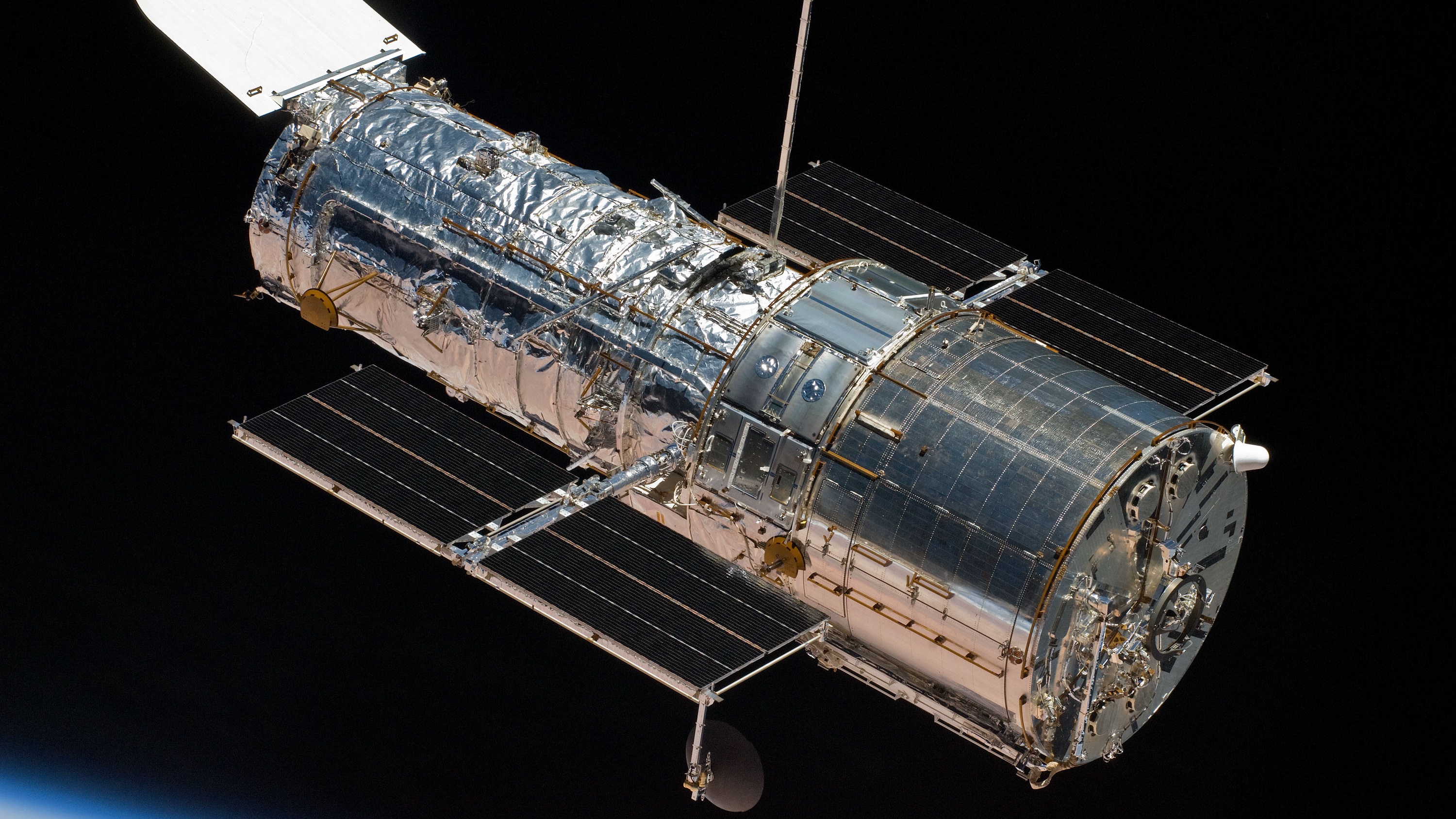A Spacefaring Civilization Needed Now More Than Ever
About twenty years ago, a common topic of discussion within the space movement was the window of opportunity for getting humanity established as a spacefaring civilization, and how narrow that window of opportunity might be. It's a conversation space advocates seem to have dropped in recent years, maybe because we've gotten tired of it. But it's an important conversation, and we need to talk about it some more.
The argument went that this generation could be the only generation with both the technological ability and the surplus economic resources to get into space in any big way. Once established as a spacefaring civilization, the abundant wealth of the solar system -- energy resources in the form of solar energy, and mineral resources from the asteroids -- would provide enough material wealth to lift humanity out of the poverty and wars that have been the norm for our species throughout history. This choice for our future, however, is one with a time limit. If we postpone the push into space, the next generation may well find itself without the means to make it happen later. Cheap energy and easily available resources on earth will begin to run out, and as the cost of mere survival goes up, there won't be any economic surplus left over to invest in new frontiers.
We might not even notice that the window of opportunity for moving from an economy of scarcity to an economy of abundance had closed before we discover that we no longer have the strength to push it open again.
So ran the old argument -- and there's good reason to think it's valid. The long-term trend in oil prices is up. How much time do we have left before oil and natural gas begin to dry up, and what will be the effect of hydrocarbon scarcity on the global economy? But we also have recent cause to remember that lack of natural resources isn't the only way that a civilization can get derailed. Attacks by barbarian tribes beginning in the third century A.D. swept Europe into a centuries-long depression so deep that it earned the title of the Dark Ages. Today terrorist groups may well be considered the New Barbarians -- and they have at their disposal modern tools of violence many orders of magnitude more effective than the swords and spears of their predecessors.
Terrorists need not even resort to nuclear and biological weapons to inflict tremendous damage on civilization, when the tools of modern technology leave weapons of vast destructive potential lying all about them, waiting to be picked up. Consider: two hijacked airliners, in the space of a couple of hours, inflicted direct and indirect economic damage on New York City approaching $100 billion, not counting ripple effects throughout the U.S. (and global) economy. Job loss in New York alone was estimated at 146,000 in the first year after the attack. Lower Manhattan, the primary economic hub of the global economy, lost 30% of its office space. Projected cumulative loss to the U.S. economy alone approached half a trillion dollars, equivalent to five percent of the GDP, through 2003. The economic echoes of this single attack will be reverberating for years to come.
The New Barbarians unquestionably had a lucky day. Does anyone care to bet that they won't have another one?
How many lucky days for the terrorists would it take to drive the U.S. economy - and the economy of the rest of the world along with it - into a deep depression? And how long would it take the world to recover from that depression, especially if nukes or bioweapons play any role in any of those lucky days? The worst effect of such attacks might well not be the economic damage, but the damage to the morale of civilization. Take optimism and the willingness to plan and work for -- and to expect -- a bright future out of the mix, and see what happens to economic growth.
Get the Space.com Newsletter
Breaking space news, the latest updates on rocket launches, skywatching events and more!
Even if the New Barbarians don't get lucky again for a long time to come, defending civilization against them will continue to be, at a minimum, a huge distraction and drain on the world economy:
- Commercial property and insurance rates are estimated to have risen by 30% as a result of 9/11.
- Higher operating costs and higher levels of inventory, as businesses anticipate and plan for breakdowns/interruptions in transportation.
- Higher interest rates, with the consequent reductions in business investment.
- "Nonproductive" shifts in employment and production from the civilian economy to defense.
Clifford R. McMurray is a former member of the NSS Board
Join our Space Forums to keep talking space on the latest missions, night sky and more! And if you have a news tip, correction or comment, let us know at: community@space.com.









